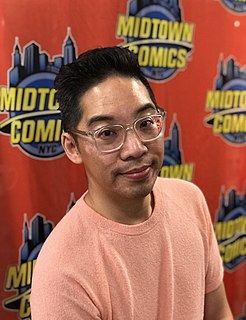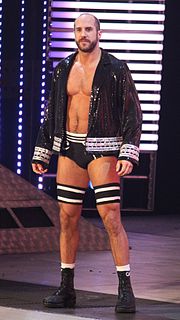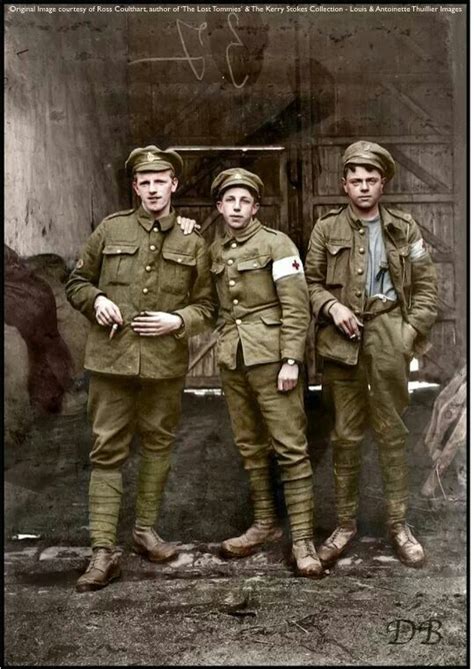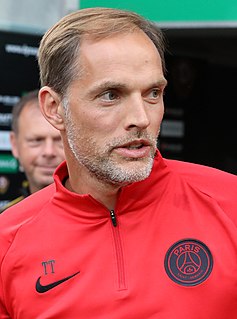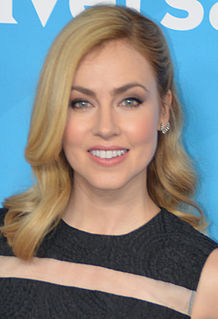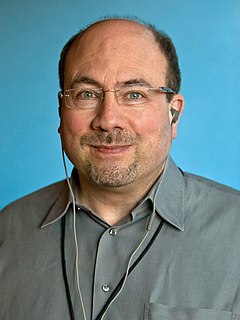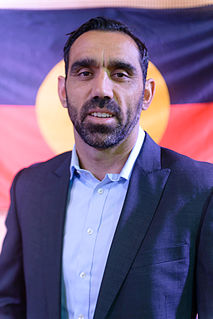A Quote by Andrew Yang
After a couple of years in a professional setting, you'll get used to dressing presentably, preparing for meetings, speaking appropriately, showing up on time, writing professional correspondence, etc.
Related Quotes
I did spend about 5 years in the Griffin Theatre Company in 1978 actually , and worked therefore about 5 years on a voluntary basis. This was very much as a amateur, doing things like mopping the floor, handling props, setting up scenery, etc. I never acted, and don't think I'm an actor, but those years in the theatre taught me a lot about professional theatre.
Who is a professional? A professional is someone who has a combination of competence, confidence and belief. A water diviner is a professional. A traditional midwife is a professional. A traditional bone setter is a professional. These are professionals all over the world. You find them in any inaccessible village around the world.
First of all, as a professional, you can run around saying "artists, schmartists" as much as you want. But I'm a professional, so if somebody hires me for something, I'm going to bring my best to it. They've hired me, I'm professional, I show up on time, I do my job. That's what we're doing. So in that sense, it's always both things.
Avoiding any of the tenets of amateurism, after all, certainly does not make you a good professional. Perhaps it is better to see fearless flair and professional steeliness as two ideas which must always coexist. One half of sport may be about harnessing human talent, but the other half depends on setting it free.
As an amateur, you may envy the professional, wishing you could combine business with pleasure into a kind of full-time hobby, using professional equipment and facilities. However, the professional knows that much of the hidden advantage of being amateur is the freedom you have to shoot what and when you like.

